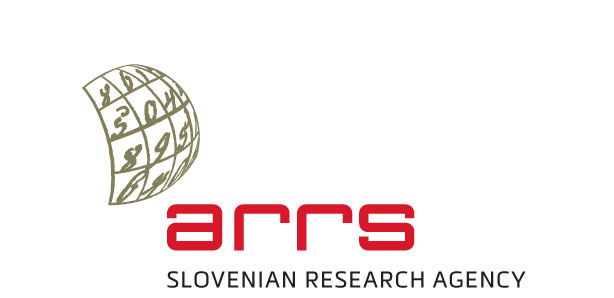Oprema v laboratoriju
Cycling of substances in the environment, mass balances, modelling of environmental processes and risk assessment
Project leader: PhD Milena Horvat, IJS
Partner: PhD Jadran Faganeli, NIB
Code: P1-0143
Duration: 1.1.2015-31.12.2019
The authors acknowledge the programme P1-0143 was finacially supported by the Slovenian Research Agency.
Abstract
"Cycling of substances in environment" deals with environmental analytical chemistry, biological and chemical cycles, radiochemistry and radioecology. Current information about levels and state of certain substance in environment is investigated using analytical and biological analysis. Performing these analyses over time allows us to trace the transport and fate of these compounds in environment. Substances that are subject to our analyses are of natural or anthropogenic origin and include (1) organic contaminants (e.g. pharmaceuticals and personal care products, endocrine disrupters, industrial chemicals,), and biomarkers (lipids, pigments etc.), (2) inorganic contaminants (trace and major elements and their species, including isotopes), and metal nanoparticles) (3) natural and man made radionuclides and (4) nutrients. When these activities are supplemented with studies of "mass balances", analytical chemistry gains technological/engineering angle while "modelling of environmental processes and risk assessment" connects natural sciences to environmental policy and addressing the main societal challenges.
The aim of this program is to acquire high level of understanding and researcher's perception regarding environmental studies. This will allow them to contribute to finding best possible way for society to develop and improve quality of life and health. Results of this research program will be applied as support for decision making and planning environmental and research policy.
The main activities of the programme will include the following major themes (1) environment and health, (2) environmental modelling and mass balances and (3) environmental technologies. A support on a horizontal level will be provided through the development of (1) new analytical methods and (2) tools (risk analysis and assessment, modelling, environmental impact assessments, strategic assessments, sensitivity and vulnerability analysis and spatial attractiveness and appropriateness, environmental cost-benefit analysis, sustainability appraisal), (3) research related to environmental systems (state, quality, morphology, composition, function, limits), (4) understanding of processes (transport, transformations, metabolism, fate), (5) impacts (environmental, health) and (6) education.
The goal is therefore to combine natural sciences with the socio-economic analysis and needs and modelling of environmental processes including changes related to spatial use (models of substance emissions into the environment, transport and partitioning in all environmental compartments, mass balances, potential health risks and impacts, changes of land use in relation to developmental scenarios, etc.) and assessment of the validity and uncertainty of the models. The Group will continue strong collaboration with research organizations at home and abroad, partners from industry and public services, and in the framework of European projects.
Researchers - link to database SICRIS
Information about the programme - link to database SICRIS

 NIB - MORSKA BIOLOŠKA POSTAJA PIRAN
NIB - MORSKA BIOLOŠKA POSTAJA PIRAN

